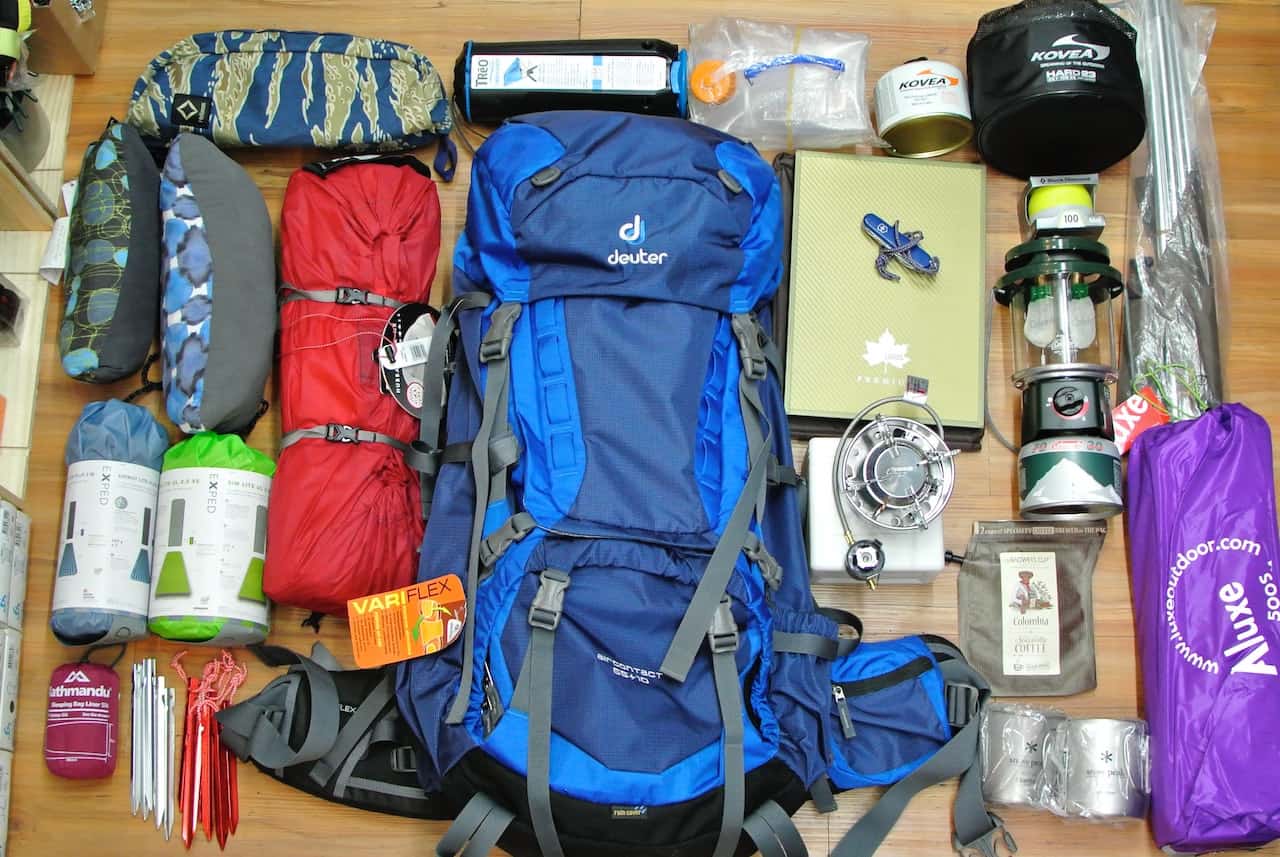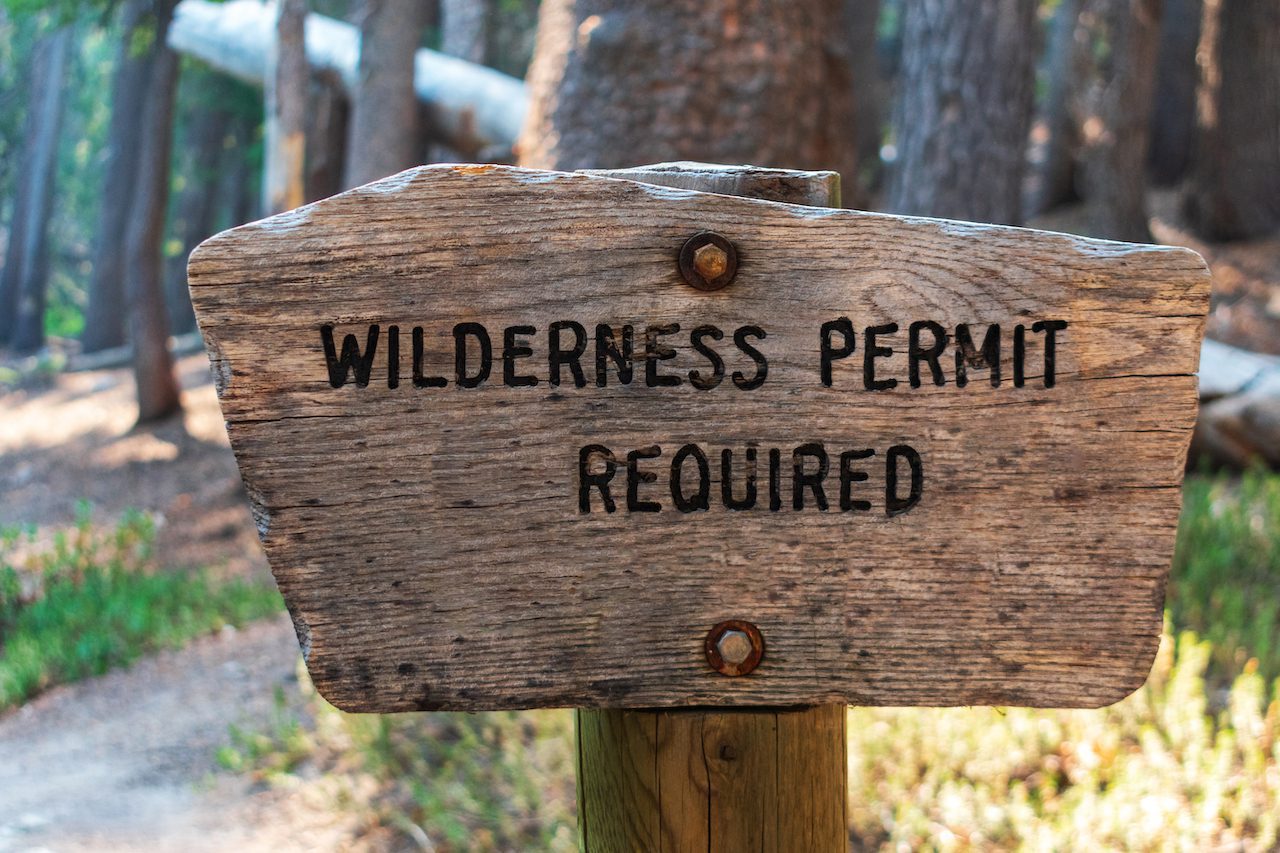Highlights of the Smokies:
Backpacking in the Smoky Mountains is a must on any hikers bucket list. Although the park is riddled with steep elevation gains and unpredictable weather, the views from above the treeline and of beautiful mountainside sunsets will make it more than worth it. Although you will find natural beauty wherever you hike in the park, here are some highlights that you should try to catch during your backpacking trip.
- Clingmans Dome
- The Appalachian Trail
- Mt. LeConte
- Charlie’s Bunion
- Alum Cave Bluffs
Great Smoky Mountain Backpacking Itineraries:
Here are some pre-made backpacking itineraries to help you in planning your trip. I recommend closely looking at the mileage and elevation gain to make sure the hike is doable for you and your group. If one of these hikes seems like it might be too much mileage or elevation gain, look over it with a trail map to work out a variation that would work for you!
Mount Le Conte
Charlies Bunion
Clingmans Dome
Necessary Gear When Backpacking In Great Smoky Mountains National Park:

When backpacking through the smokies, you would be good with standard backpacking gear, definitely do not forget necessary rain gear as weather can change quickly.
I would also pack the essential equipment needed to create a bear hang. Having the densest population of black bears east of the Mississippi hanging your odorous items, i.e.(food, toothpaste, used toilet paper, anything with odor) using a bear hang is an absolute necessity in the park. Fortunately, bear hangs are established at many backcountry campsites, but you should still bring the materials needed to create your own bear hang should a campground not have preestablished ones. Read through our how-to store food while backpacking post for more information about creating a bear hang.
Permits:

If you wish to spend overnight in the backcountry in Great Smokey Mountain National park, you must camp or stay at a designated campsite or shelter, both of which require permits for the dates you will be staying. It would be beneficial to try to reserve these well in advance, especially if you want to visit the park during the busy season. Some things to know about the permit system of the park include:
- The maximum group size is eight, although you may get special permits for 12 people at specific sites.
- Price is $4.00 a night with a maximum fee of $20.00.
- Permits are good for seven nights.
- You may not stay consecutive nights at any shelters or campsite 113.
- For all other backcountry campsites, you may not stay more than three consecutive nights.
- Keep copies of your permits on you at all times while in the backcountry in case you run into any rangers who may ask for them.
- Book your permits at recreation.gov or click here!
- Verify the most up-to-date reservation guidelines on the park website.
If you are new to backpacking and do not know about backcountry permits you should check out our most important things to know about backcountry permits article.


